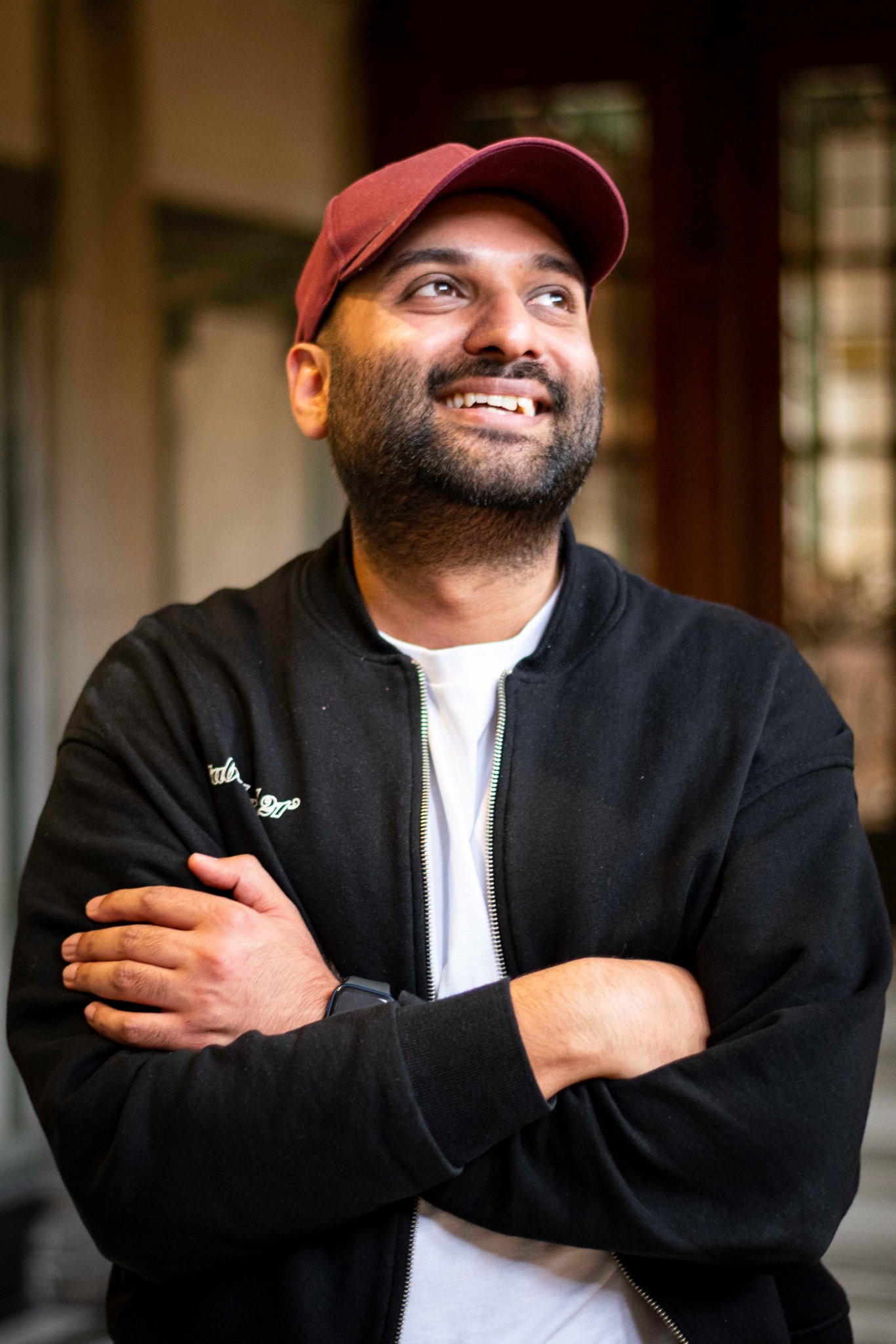Kasim Ali, judge for the W&A Working-Class Writers' Prize 2023, discusses the lingering anxiety of growing up poor and the ripple effect on his writing career.

The other day, I was talking to a friend of mine about money. Specifically, why it was so hard for me to accept money from other people but so easy to give away. He, coming from a family that has always been wealthy, only getting wealthier over the years, didn’t understand why I couldn’t, say, let him pay for dinner or buy me something without me demanding to see a receipt to pay him back.
I told him the simple truth – growing up poor means that I am never not thinking about money, how much I have, how much I might have in the future, how much I have if something terrible happens and I need to suddenly pay something huge, how much I have if a friend needs it. Money occupies a permanent space in my brain. I have spent my entire life unable to let it fade into the background.
*
My father was born in Pakistan, to the kind of poverty that I can’t imagine, and my mother was born in Britain, in the kind of poverty that was carried over to her children. I spent a great deal of my childhood dealing in second-hand items, which would often get passed down again. We had fish and chips once a week, a privilege we would look forward to every single Friday. McDonald’s was once in a blue moon, heaven-sent. My mother cooked large curries every other day, walked for hours with coupons to save pennies. Internet came to our house years after it came to other people. The books I owned were bought at car boot sales by my aunty. The first hardback I ever bought for myself was when I saved my EMA at college by not eating.
We were poor, though at the time it never felt like it because this was the truth for the majority of the community I lived in. We, all hailing from the same region in Pakistan, were nowhere near rich but no one ever said it. We helped one another, hands reached across roads, offering clothes and food and comfort, all without it ever being asked for.
At twenty-eight years old, I find myself in a situation my parents have never been. I sold my debut in a two-book deal for a six-figure deal to Fourth Estate. It later sold in America for a five-figure deal. I have a job that pays me more than I ever thought I would ever make in my life, let alone in my twenties. I live in Zone 2 London, own a car, take myself to the cinema several times a month, buy books, subscribe to multiple streaming sites, and am able to save at the end of the month.
I am, in short, no longer poor. Not to anyone who might look at where I live, at my payslip, at my bank balance.
But I don’t feel not poor. I don’t feel like I have money. I don’t feel safe.
My relationship with money has been warped by the first twenty-six years of my life. I check my bank every morning to remind myself what is in there. After I pay for something, I note it in down in my mind, keeping a mental record of how much is going out. When I get paid, my first thought is to put as much as I can into savings. I rarely buy myself things that I don’t need.
I cannot seem to hold onto the simple fact that I have more money now than I ever thought I would. It just never feels that way.
*
When I write, I try not to write about money. It is so ever constant in my own life that I don’t want my characters to think about it too. I want to give them the freedom I so want for myself.
But it creeps in anyway.
A father is a taxi driver. A daughter wants to go into consulting because she hears there’s more money in that. A mother asks her son why he is studying English because she is worried he won’t get a good-paying job at the end of it. Characters in my book don’t actively worry about money, because I don’t want them to, but because it is embedded in me, it leaks through to my writing.
*
I often wonder what a book written by me about money might look like. Would it feature the constant worrying my mother did during my childhood, writing down figures into her notepad, trying to balance the sums, to work out whether or not she could afford to buy a new blazer for the upcoming year? Would it manifest itself in a father who was so insecure about his money he took it out on his wife and children, blaming them for him not having enough? Would I write a character who has never felt like he has enough money because growing up poor has psychologically scarred him? Would it feel cathartic to write about or would it just feel like another space in my life where money reigns king? I’m not sure I can know the answer without trying.
*
Writing has often felt like an interrogation of the world I live in, a one-word question: Why?
So perhaps now, at twenty-eight, with the kind of money I never dared dreamed of as a child, I should answer it.
Kasim Ali works at Penguin Random House. He was longlisted for the 4th Estate B4ME Short Story Prize and shortlisted for Hachette's Mo Siewcherran Prize. He has also had a short story published in The Good Journal. His first novel Good Intentions was published in March 2022.
Comments